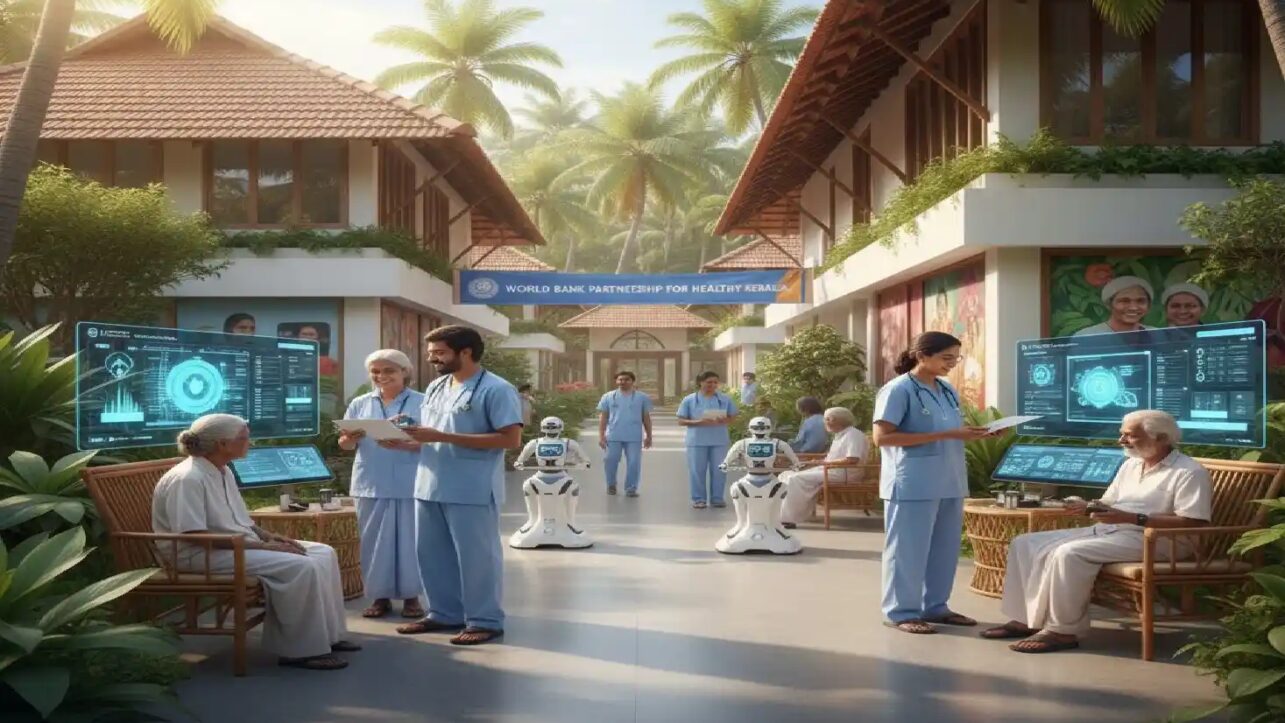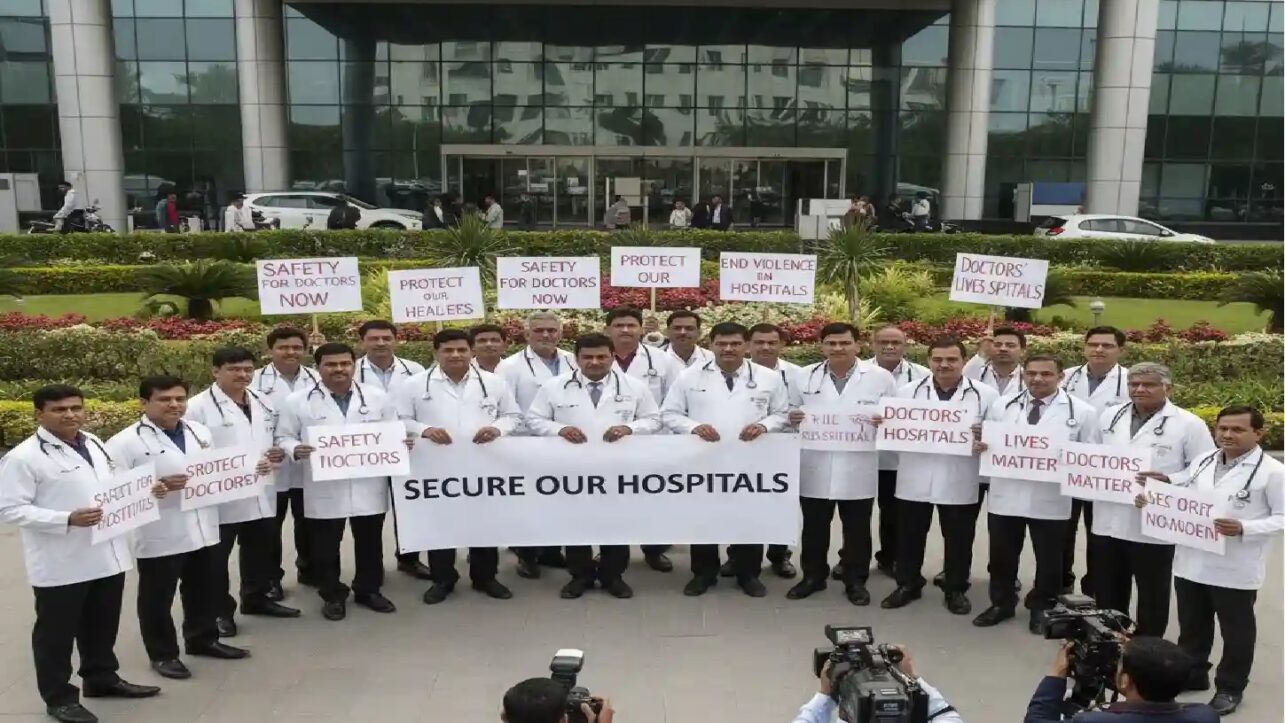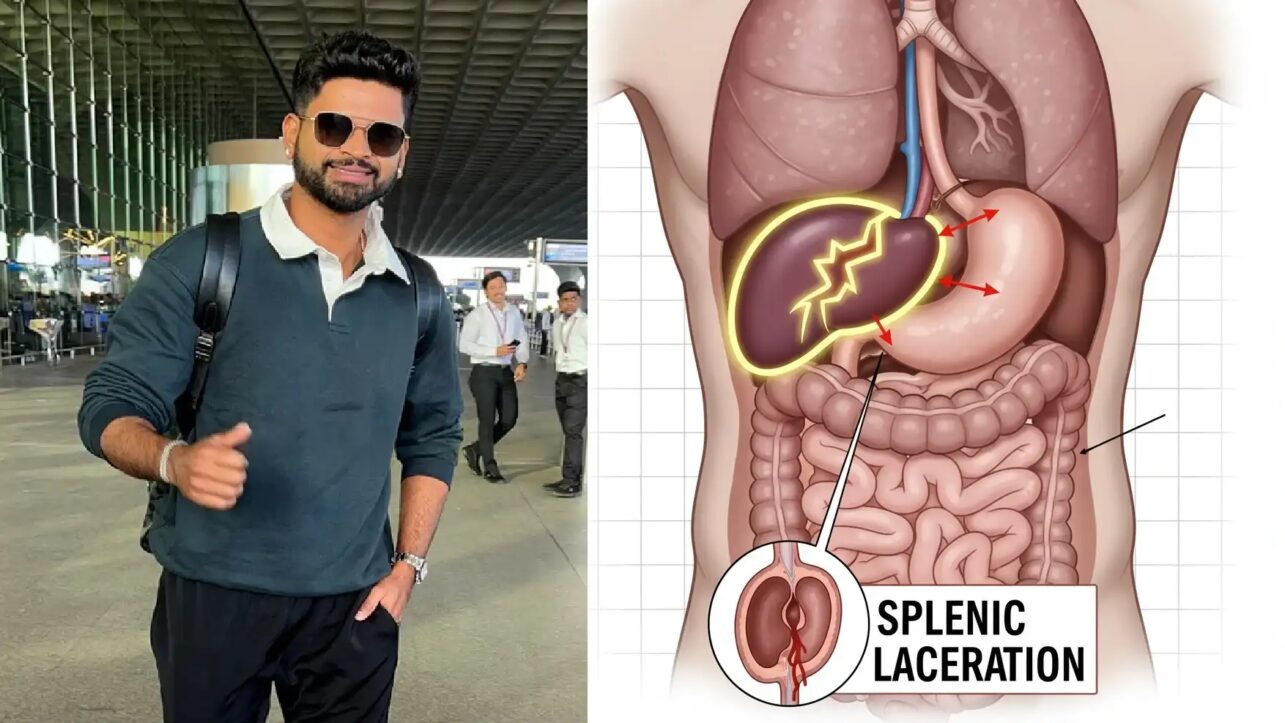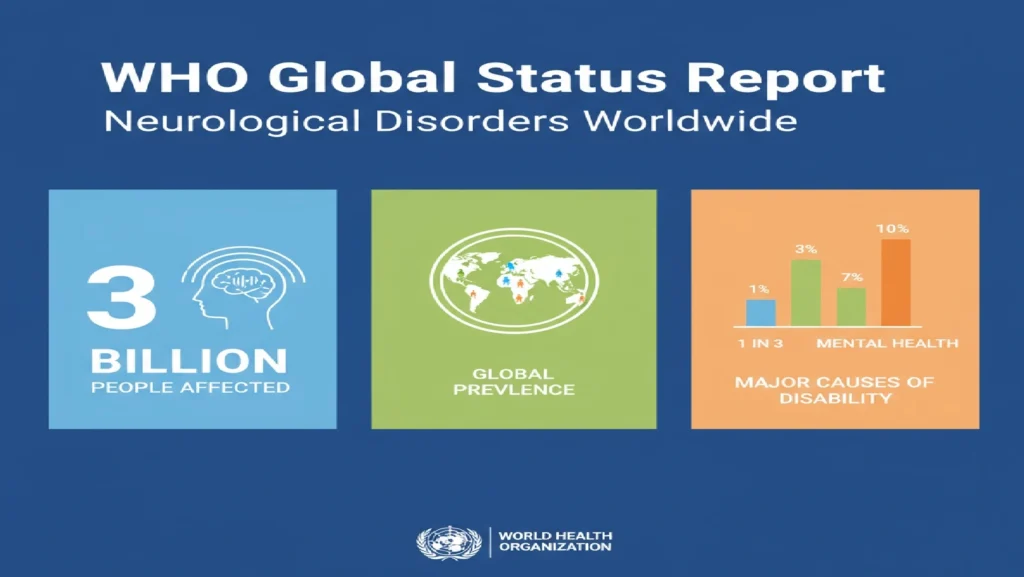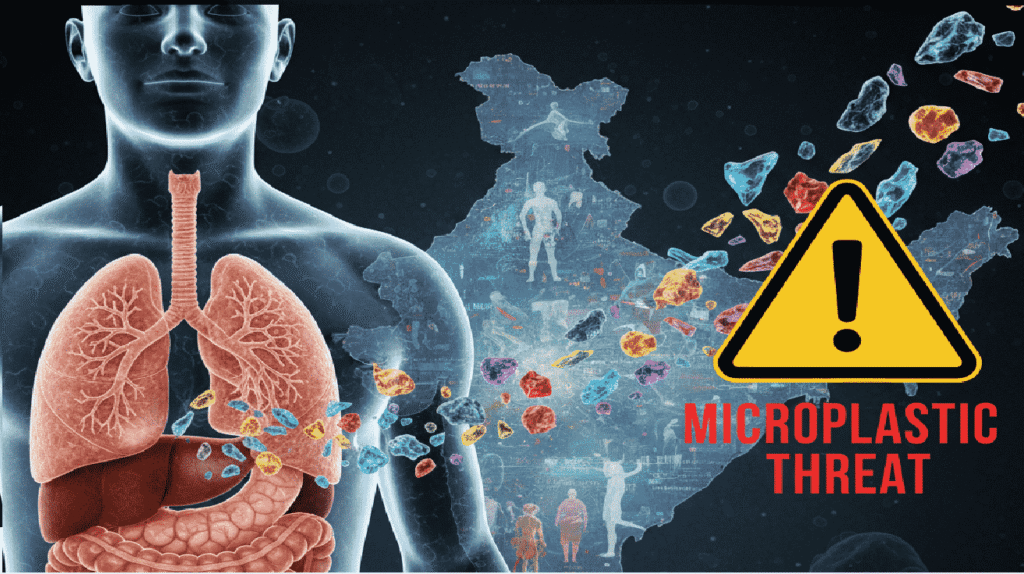The World Bank’s Board of Executive Directors approved a landmark $280 million program on October 23, 2025, aimed at improving healthcare access and life expectancy for 11 million elderly and vulnerable people in Kerala through comprehensive health system reforms and climate-resilient infrastructure.
Addressing Kerala’s Growing Health Challenges
Despite Kerala’s remarkable health achievements over two decades—including neonatal mortality at 3.4 per 1,000 live births, infant mortality at 4.4, and maternal mortality at 19 per 100,000 live births—the state faces mounting pressure from non-communicable diseases and demographic shifts. The elderly now comprise over 20 percent of Kerala’s population, while rising cases of hypertension, diabetes, and cancer have strained the healthcare system. Additionally, gaps in emergency and trauma care persist, with over 4,000 road traffic deaths reported annually.
Digital Health Transformation and Chronic Disease Management
The Kerala Health System Improvement Program will strengthen the state’s digital health infrastructure through expanded eHealth services, integrated data platforms, and enhanced cybersecurity measures. The initiative aims to electronically track and treat over 90 percent of patients registered for hypertension and diabetes in Kerala through individual monitoring mechanisms. A groundbreaking home-based care model will be established specifically for bedbound, homebound, and vulnerable elderly populations to ensure continuous access to comprehensive medical services.
“Good health empowers people, creates jobs and drives economic growth,” said Paul Procee, the World Bank’s Acting Country Director for India. “Strong, resilient health systems also help economies prevent and better respond to health emergencies and pandemics.”
Women’s Health and Preventive Care Initiatives
The program targets significant improvements in women’s healthcare outcomes, aiming for a 40 percent increase in patients achieving controlled hypertension and a 60 percent increase in cervical and breast cancer screening rates. Procee emphasized that in Kerala, where women have some of the highest educational attainments in India, optimized health outcomes can further contribute to the state’s economic growth.
Climate-Resilient Infrastructure in Vulnerable Districts
Primary health facilities in five priority districts—Wayanad, Kozhikode, Kasaragod, Palakkad, and Alappuzha—will adopt climate-led solutions to improve energy efficiency and manage extreme weather events including heat waves and floods. The program recognizes Kerala’s adoption of One Health approaches and will build upon experiences from ongoing World Bank support to establish robust community surveillance systems.
Local Government Partnership and Disease Surveillance
Implementation will involve extensive collaboration with gram panchayats and municipal corporations to adopt standardized protocols for antibiotic use and strengthen responses to zoonotic disease outbreaks through fast-tracked laboratory information systems. The multilevel trauma and emergency care system will be strengthened to ensure timely, high-quality services for an estimated 8.5 million people.
“This Program will ensure elderly people in Kerala receive wider access to health coverage through innovative initiatives,” said Deepika Chaudhery and Hikuepi Katjiuongua, the Task Team Leaders of the program.
Financing Terms
The $280 million loan from the International Bank for Reconstruction and Development (IBRD) carries a 25-year maturity period with a five-year grace period, providing Kerala with flexible long-term financing for sustainable healthcare transformation.

